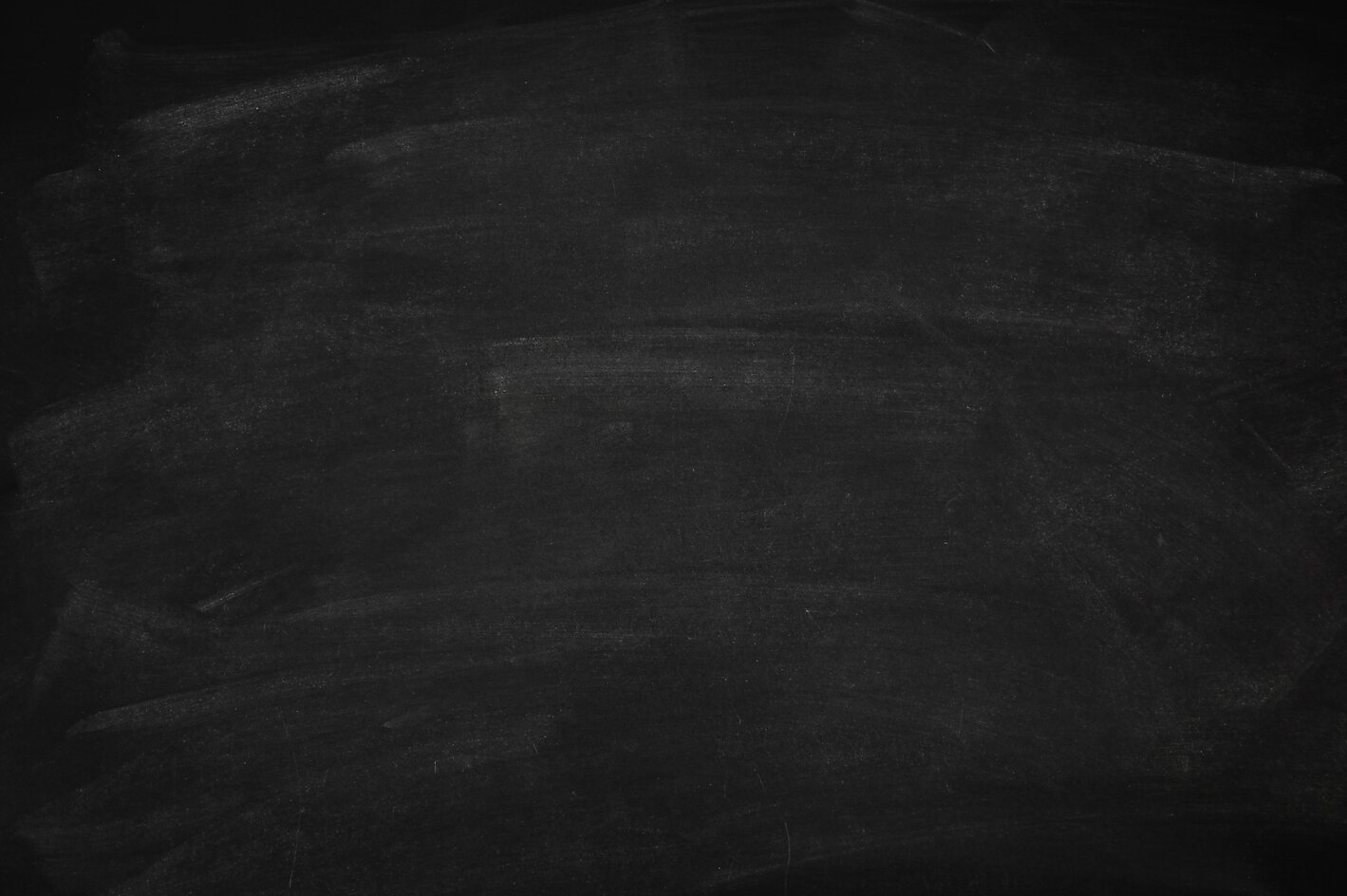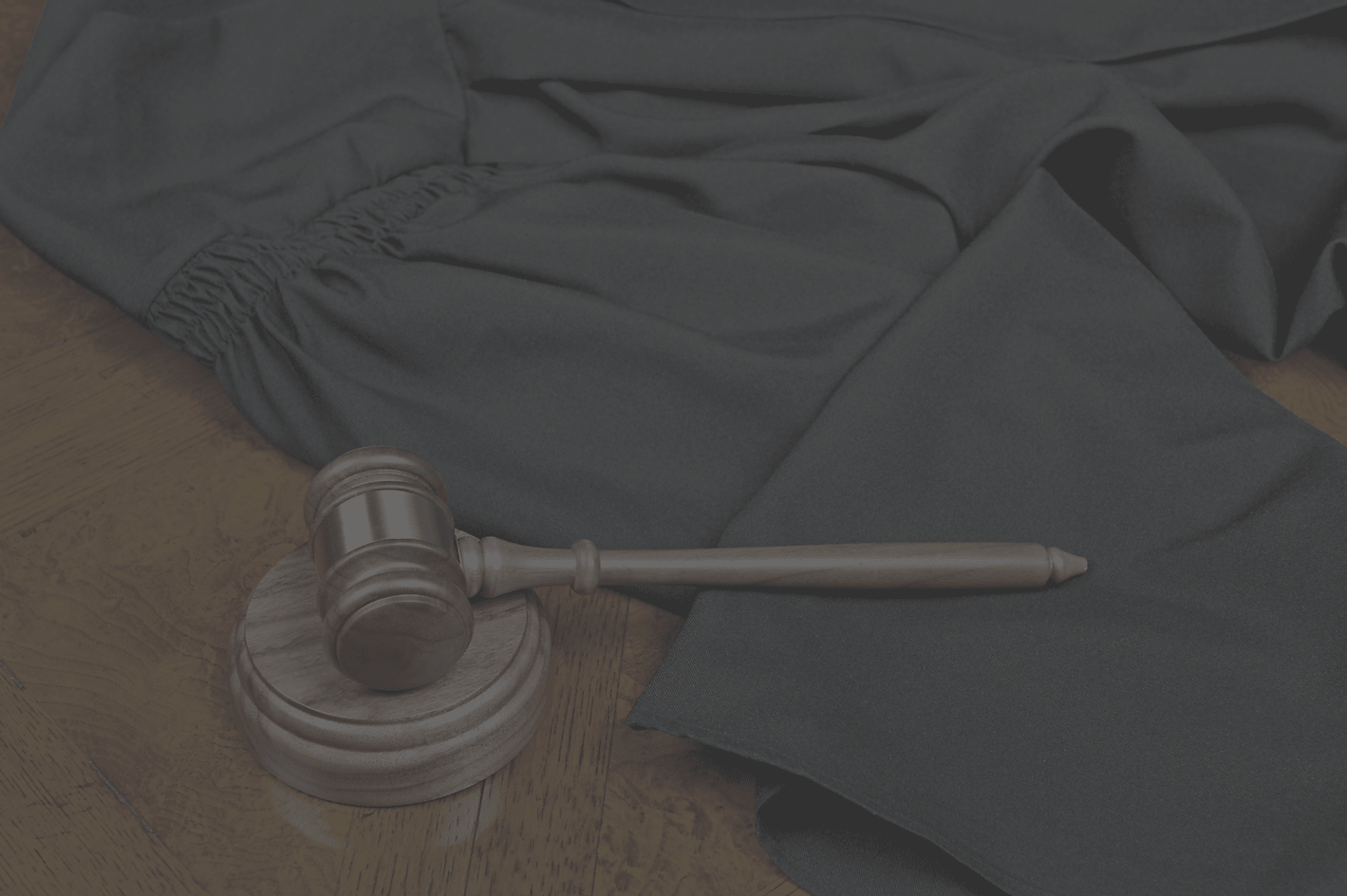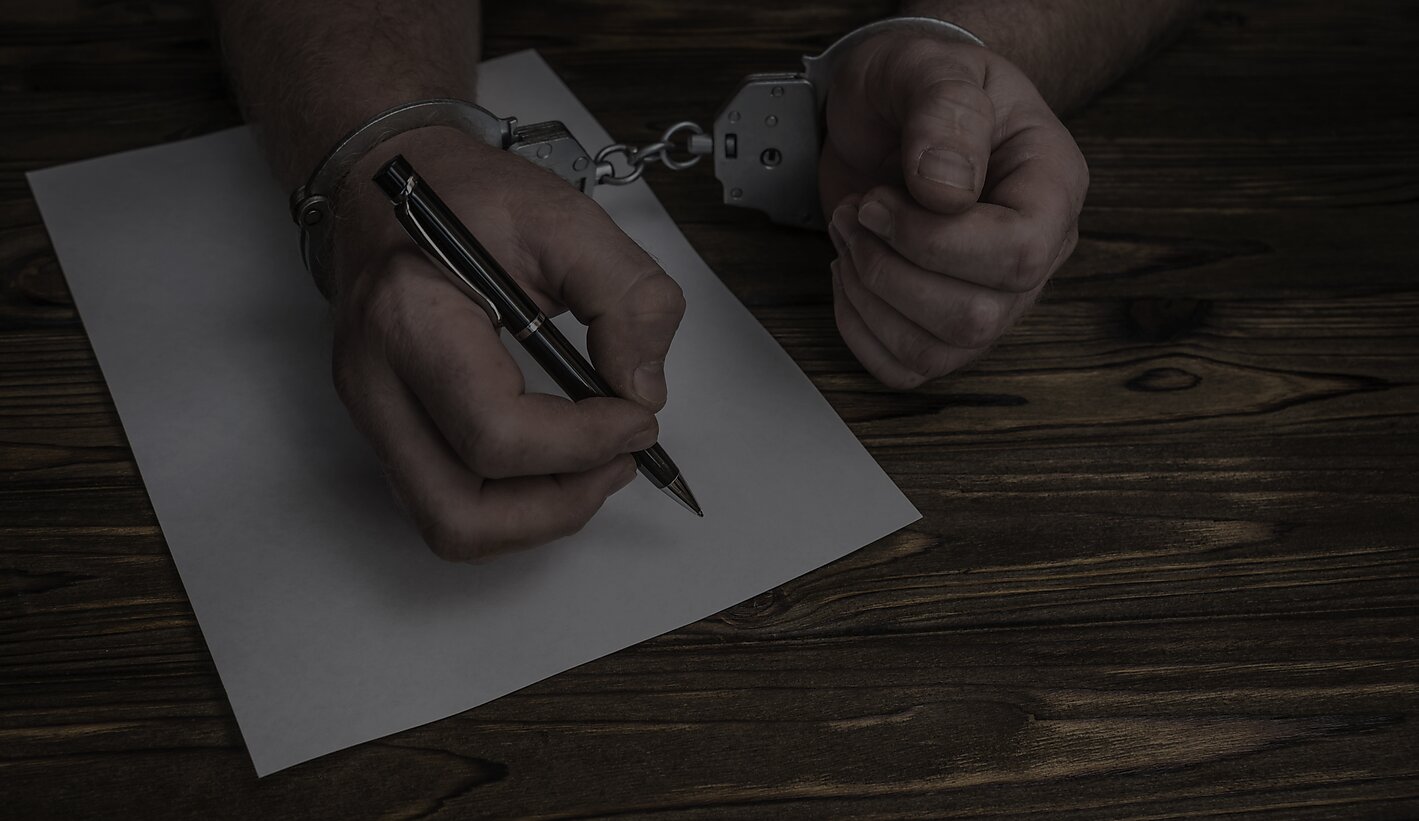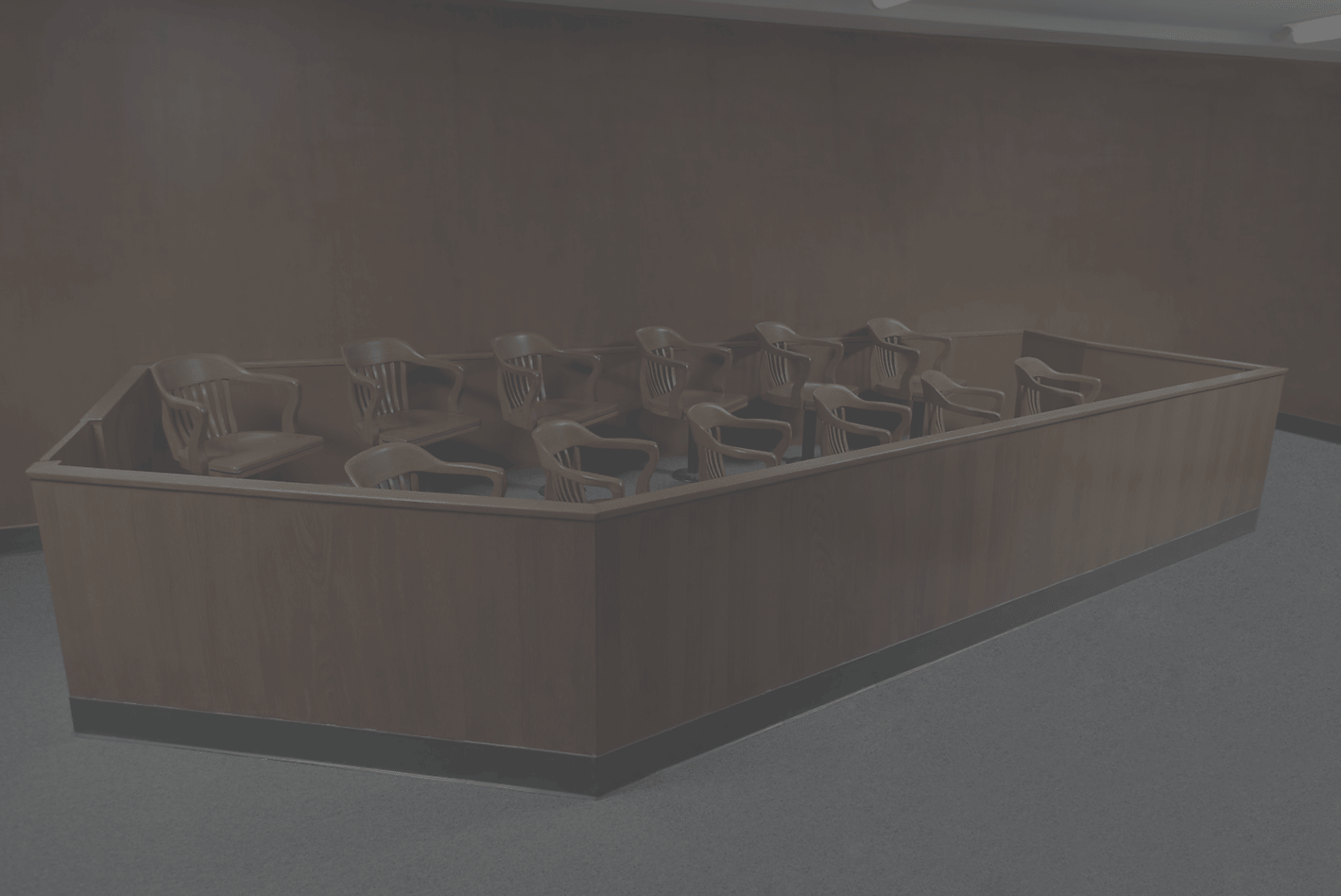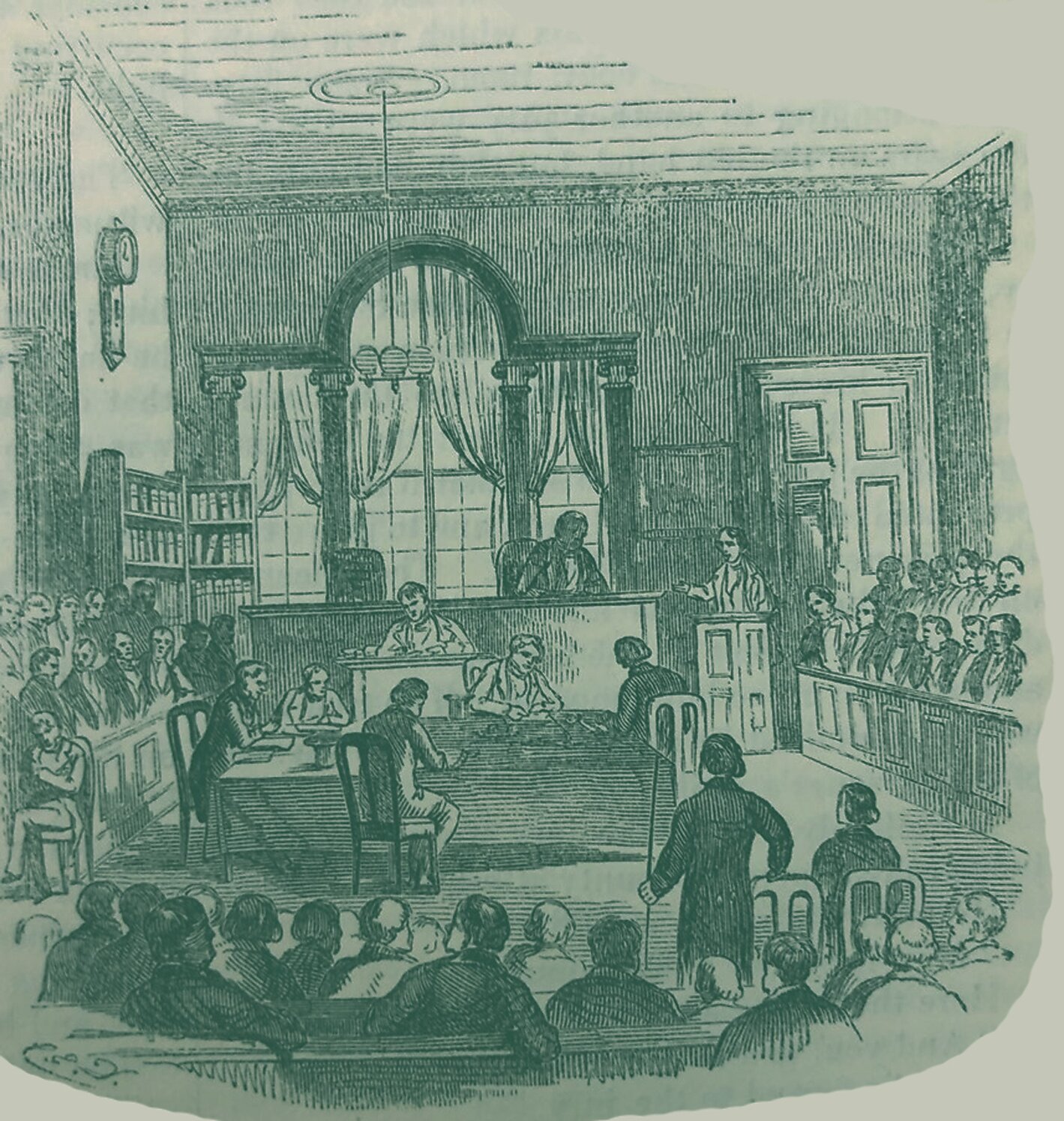A crucial distinction between Founding-era juries and modern juries is that the former typically understood what punishment defendants would receive if convicted, whereas the latter generally do not.
Prosecutors now go to extraordinary lengths to prevent jurors from learning what will happen to defendants if they are convicted, including not just the length of the prison sentence, but also collateral consequences, such as loss of various civil rights or deportation for noncitizens.
